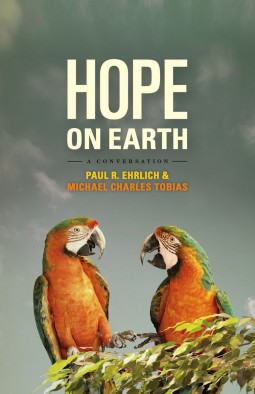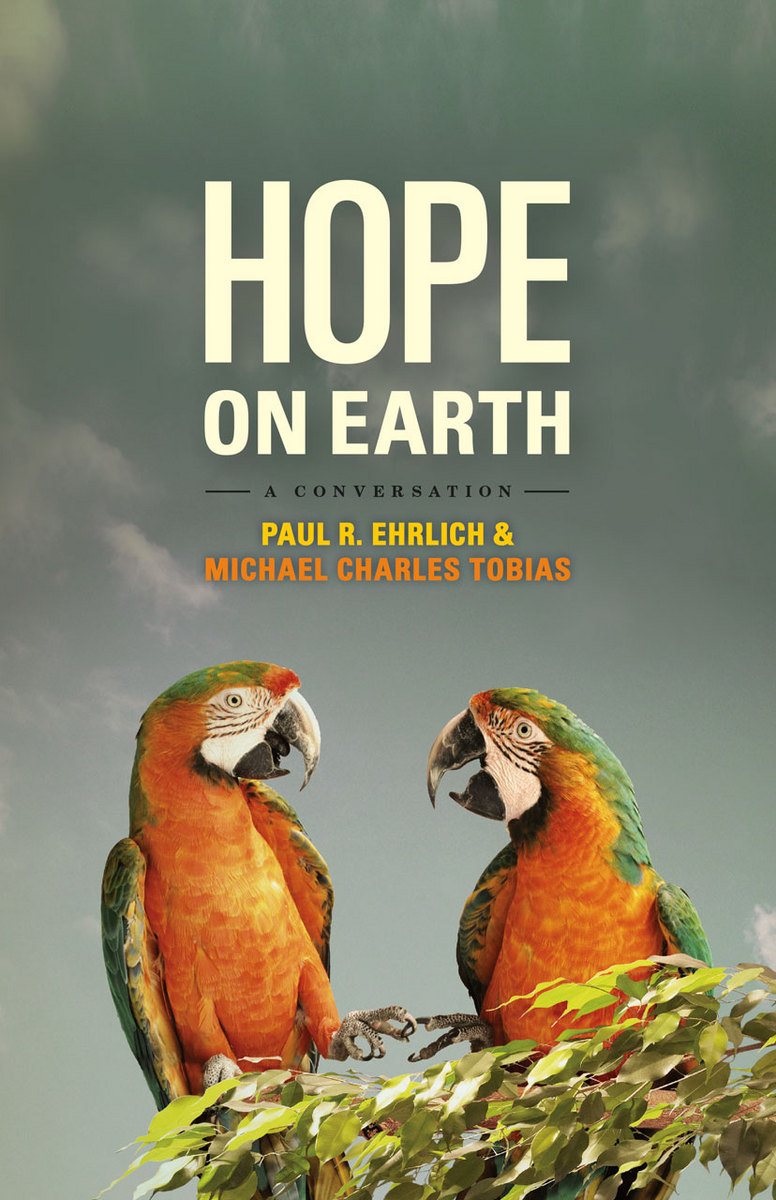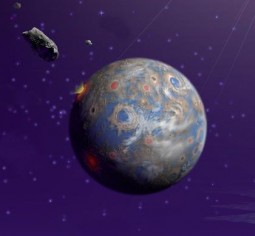 Hope On Earth (starts 7:08): Few people have thought as critically and deeply about the state of Earth and our role on it than Paul Ehrlich. Over the course of several decades, the Stanford University biologist and ecologist has written many books, including 1968’s controversial The Population Bomb, in which he predicted that hundreds of millions of people would starve to death in the 1970s due to overpopulation and limited resources.
Hope On Earth (starts 7:08): Few people have thought as critically and deeply about the state of Earth and our role on it than Paul Ehrlich. Over the course of several decades, the Stanford University biologist and ecologist has written many books, including 1968’s controversial The Population Bomb, in which he predicted that hundreds of millions of people would starve to death in the 1970s due to overpopulation and limited resources.
He has just come out with a new book, which he co-wrote with Michael Charles Tobias, an ecologist, filmmaker, book author and animal rights advocate. The book is called Hope On Earth: A Conversation. And indeed, it is a conversation between Ehrlich and Tobias. In fact, their conversation –many of them — took place here in a research outpost just outside of Crested Butte.
Both men join us by phone to discuss the book and the most pressing environmental issues of the day that it explores.
Producer: Ted Burnham
Co-Hosts: Ted Burnham, Susan Moran
Engineer: Ted Burnham
Executive Producer: Joel Parker
Listen to the show:
Podcast: Play in new window | Download (Duration: 25:11 — 34.6MB)
Subscribe: RSS





